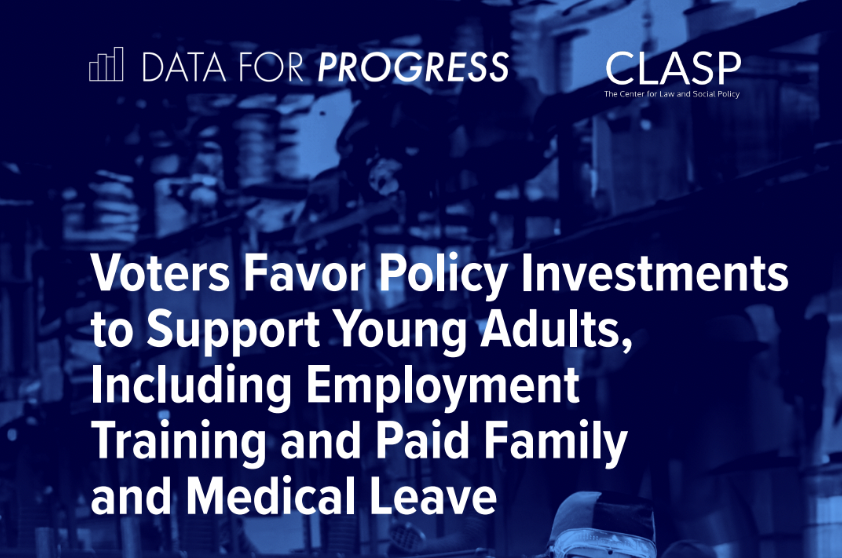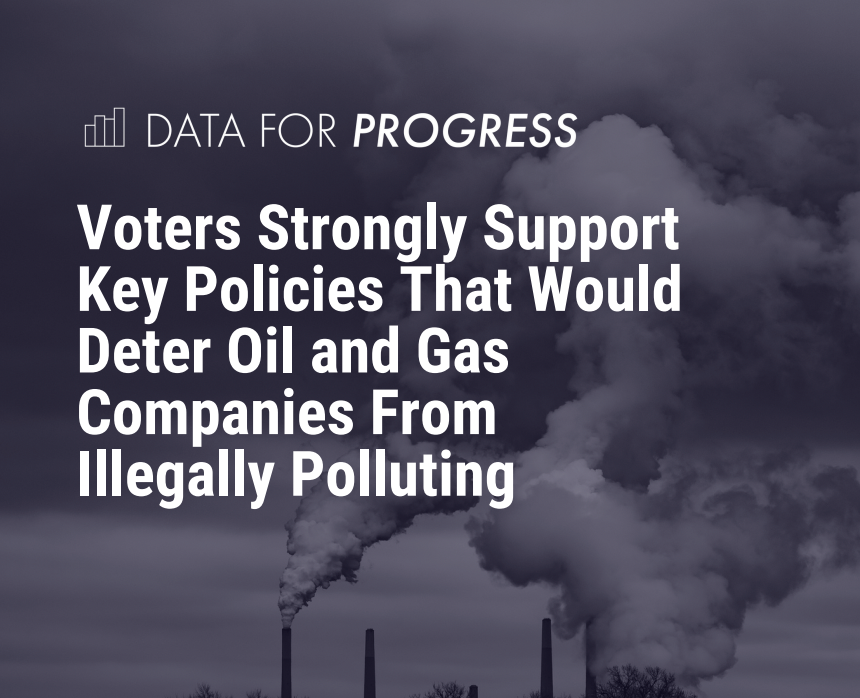Memo: Federal Investments in Household Electrification Enjoy Bipartisan Support
By Danielle Deiseroth Senior Climate Data Analyst, Data for Progress
Key Findings
Voters are generally underestimating the extent to which household decisions (home energy usage and personal vehicles) contribute to total U.S. carbon emissions
Over eighty percent of voters say decreases in their monthly energy costs would have a “Very” or “Somewhat” significant impact on their household budgets
Nearly three-quarters of voters (74 percent) support federal investments to help households lower their monthly electricity costs
Nearly two-thirds of voters (65 percent) would prefer the government invests in consumer rebates for electric appliances rather than gas-powered appliances
Over two-thirds of voters (71 percent) support federal investments to provide consumers rebates for purchasing and installing zero-emission electric appliances
Nearly two-thirds of voters (64 percent) would “Definitely” or “Probably” consider participating in a federal rebate program for zero-emissions electric appliances
Three-quarters of voters (75 percent) think the associated jobs created by a federal home electrification rebate program would have a positive impact on their communities
Support for federal investments in home electrification withstands pushback, with a majority of voters agreeing that a household electrification rebate program would result in positive outcomes for Americans regardless of their income
A majority of voters (51 percent) agree lawmakers should consider homes and rental units as part of their decision-making framework for the infrastructure bill and reconciliation package that are currently being negotiated in Congress





